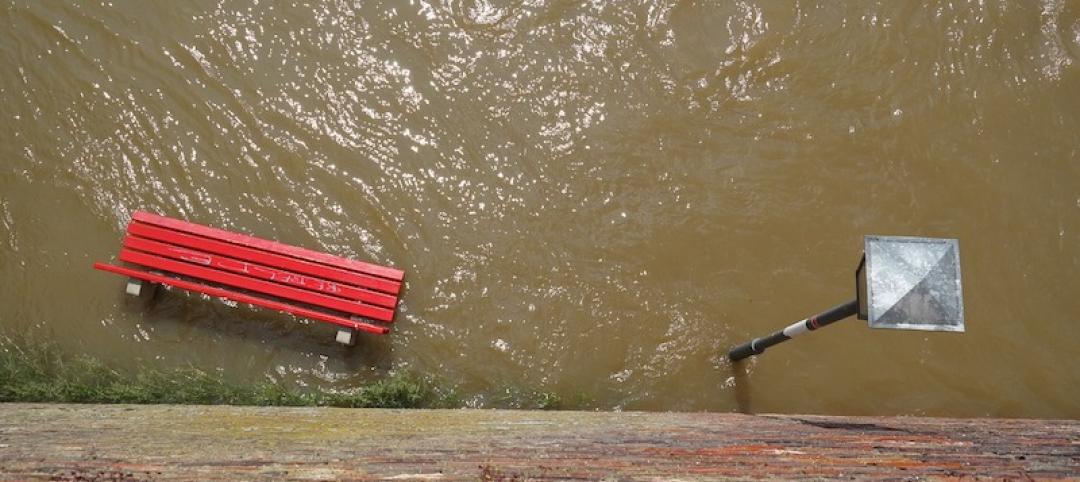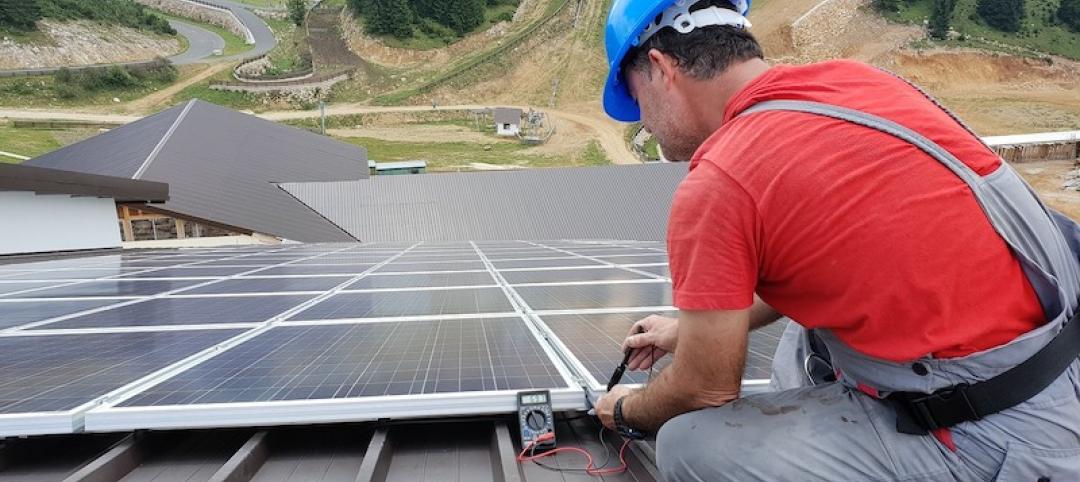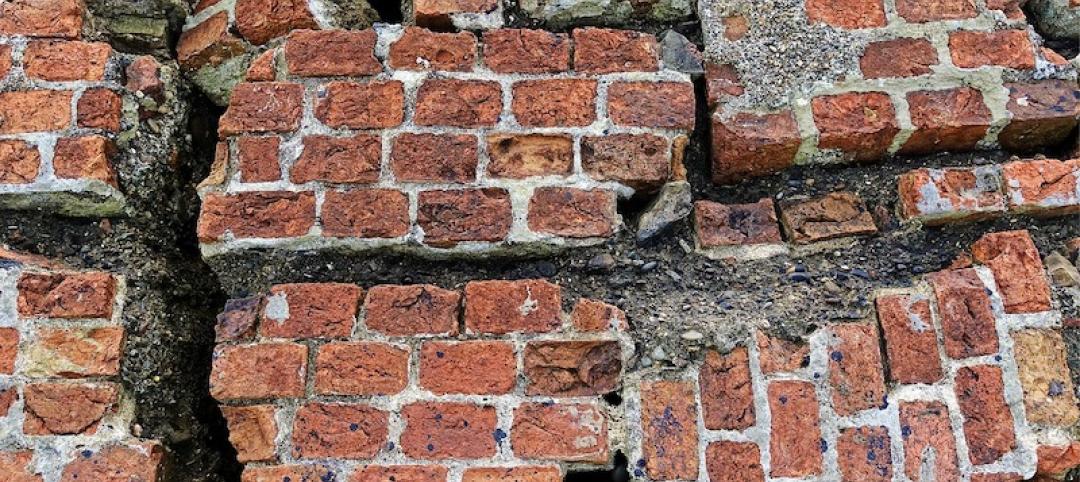The Florida Legislature recently passed a bill to beef up building inspection requirements for many of the state’s condominiums.
The bill, which is expected to be signed by the governor, will require milestone inspections of condominiums three stories in height or taller within three miles of the coast when the buildings reach 25 years of age, and of buildings more than three miles inland when they reach 30 years of age. Buildings will then be required to have an inspection every 10 years thereafter with inspection records made available to buyers, renters, and unit owners.
The bill’s passage comes nearly one year after the Champlain Towers South condominium collapse in Surfside, Fla., killed 98 people. Following the building collapse, the International Code Council, the National Institute of Building Sciences, the Building Owners and Managers International (BOMA), and the Building Officials of Florida (BOAF) created a group of experts to advise policymakers and create guidelines that could be used to help prevent future catastrophic building collapses. The work of this group informed the crafting of the bill.
Forty percent of Florida jurisdictions have no property maintenance code in place or have adopted a property maintenance code developed in the late 1970s. Only about 3% of Florida jurisdictions have implemented a periodic recertification or inspection safety program for existing buildings.
Related Stories
Codes and Standards | Mar 23, 2020
Florida legislature passes bill to reduce retainage on state and local projects
House and Senate vote is nearly unanimous; law would go into effect Oct. 1.
Codes and Standards | Mar 20, 2020
Feds prod use of eminent domain to force people out of flood-prone homes
Local officials that don’t comply could lose federal money to combat climate change.
Codes and Standards | Mar 19, 2020
ASHRAE provides COVID-19 resources for operating, maintaining HVAC systems
Includes recently approved position document on Airborne Infectious Diseases.
Codes and Standards | Mar 19, 2020
CaGBC launches new version of its Zero Carbon Building Standard
Version 2 draws on lessons from more than 20 zero carbon projects.
Codes and Standards | Mar 16, 2020
Concrete industry reduces carbon footprint by 13% over five years
Result mostly due to more efficient use of Portland cement.
Resiliency | Mar 13, 2020
Feds push use of eminent domain to force people out of flood-prone homes
Local officials that don’t comply could lose federal money to combat climate change.
Codes and Standards | Mar 12, 2020
Design guide for sloped glazing and skylights updated for first time in 30 years
Helps with choosing proper glass for non-residential applications.
Codes and Standards | Mar 11, 2020
Two tree species native to the Northeast found suitable for CLT
Eastern white pine and eastern hemlock pass strength testing.
Codes and Standards | Mar 10, 2020
Prescient receives ICC certification for seismic resilience system
Technology suitable for buildings up to 12 stories in earthquake-prone areas.
Codes and Standards | Mar 6, 2020
Design firms creating plans to re-imagine D.C.’s tidal basin
Area including National Mall is facing increased flood risk.

















